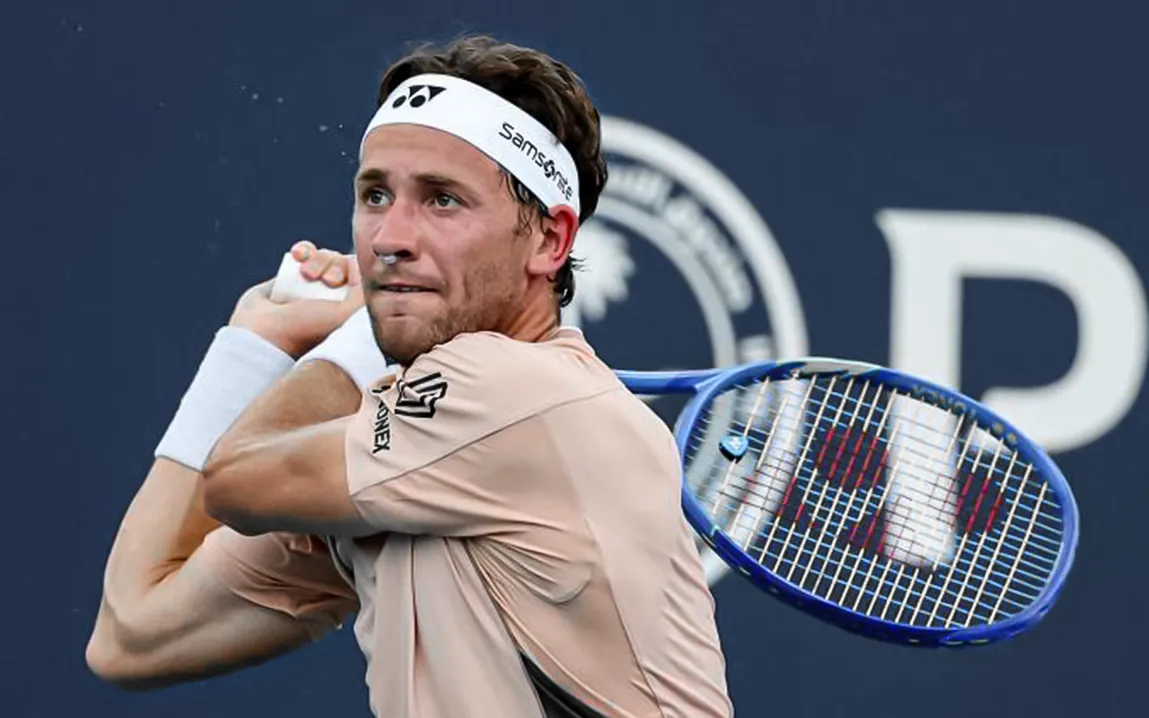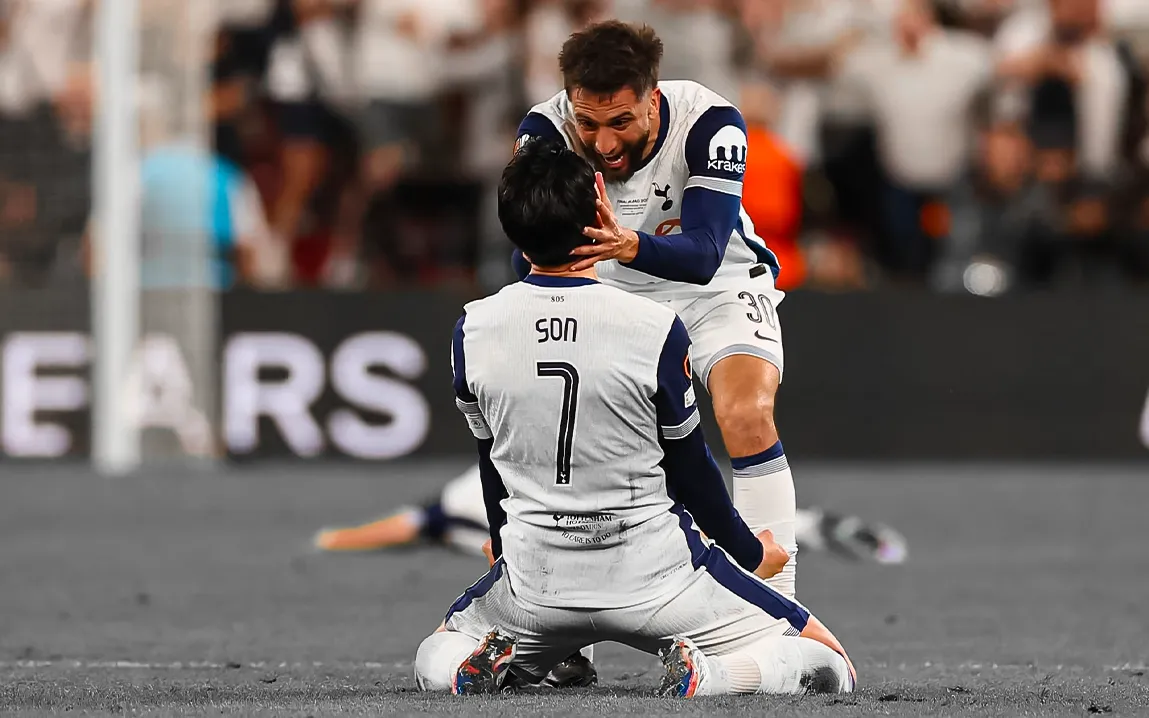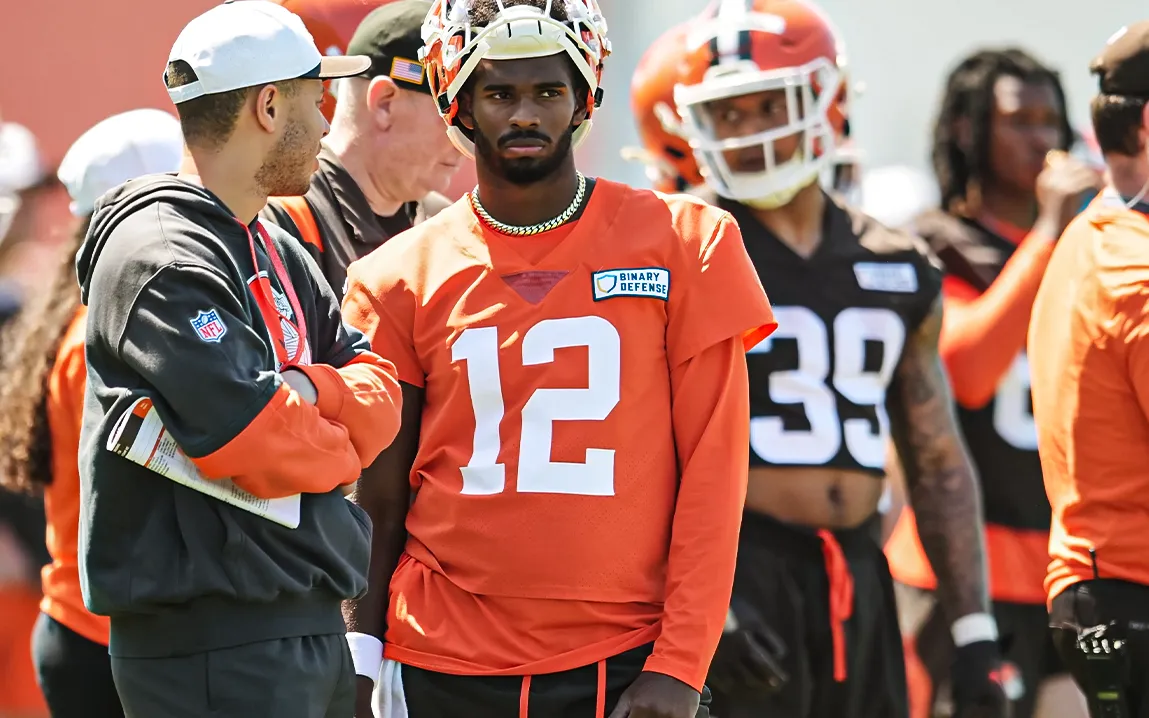Casper Ruud to Grand Slams: “It’s Time We Got Our Fair Share”
Tennis superstar Casper Ruud is no longer holding back. The Norwegian professional, a three-time Grand Slam finalist and former world number two, has publicly criticized the sport’s biggest events for what he believes is an unfair division of the profits between players.
In a forceful declaration on the sidelines of the Ultimate Tennis Showdown (UTS) tournament in Nîmes, France, Ruud declared players are getting only a fraction—15%—of the money made from the four Grand Slams: the Australian Open, Roland Garros, Wimbledon, and the US Open.
“As a player, I don’t think it’s fair,” Ruud stated. “If you look at other of the big leagues around the world—NFL, MLB, NBA—they are near 50% revenue sharing.”
A Letter, A Demand, and Growing Pressure
Ruud’s comments come only days after news broke that a number of the world’s top 20 players had sent an official letter to Grand Slam organizers requesting a more equitable revenue-sharing system. While Ruud would not say whether he had signed the letter, he alluded to his support for the movement.
“I can’t speak too much about the specifics, but it’s certainly a likelihood that this occurred,” he said to AFP.
The French Tennis Federation acknowledged having received the letter and offered an open debate with players—at the next Madrid Open, Roland Garros, or at any other time that is convenient to the group.
What’s the Real Issue?
Ruud’s anger resonates with a classic grievance of tennis professionals: even as revenues for Grand Slam events skyrocket, players, particularly those outside the top ranks, get only a small percentage of the profits.
He noted that the USTA (which operates the US Open) generates more than $500 million in revenue, but only pays out about $65 to $70 million in prize money. That’s about 13–15% of overall earnings—far from what Ruud and other players feel is equitable.
“I don’t think it’s fair that someone pays 15% when I think the players are equally important as the tournament,” Ruud said.
More Than Just the Stars Deserve a Raise
What makes Ruud’s request so compelling is that he specifically mentions the lower-profile names within the sport. Even though Ruud has accumulated more than $23 million in prize money during his professional career, he is not fighting merely for himself.
“Even for the guys who lose earlier—qualifiers, first round, second round—a few hundred thousand extra will make all the difference,” he said. “They’re working just as hard and need to be supported to carry on.”
This is a commentary reminiscent of recent remarks from the Professional Tennis Players Association (PTPA), which was co-founded by Novak Djokovic. Earlier in the month, the PTPA charged that governing bodies in tennis have been “financially exploiting” players in the form of unbalanced prize structures.
A Lack of Voice and Transparency
Another big problem for Ruud is how little players are consulted regarding decisions that impact them directly. He referenced the recent pattern of Grand Slams beginning a day earlier—something that was done, he asserts, without consulting players.
“They make these kinds of decisions without even speaking with the players,” Ruud said. “So there are some things that Slams have done where we feel like it’s time to respond and request a meeting.”
The crux of the issue isn’t only money. It’s about transparency, respect, and involving players at the table when big decisions are being made.
What Happens Next?
Though a 50-50 split of revenue is a pipe dream, Ruud feels small victories count. “I don’t think we’ll ever get there,” he conceded, “but if we can get closer, I think every percentage helps.”
With increasing pressure from the top 20 players, a louder voice from the PTPA, and players such as Ruud bringing the issue into the limelight, change may finally be on the horizon.
Whether or not the Grand Slam organizers will react with substantive reform—or just more meetings—has yet to be determined.
But this much is certain: players such as Casper Ruud no longer feel content simply to turn up. They want to have more of a say in the future of tennis—and a more equitable share of its success.



